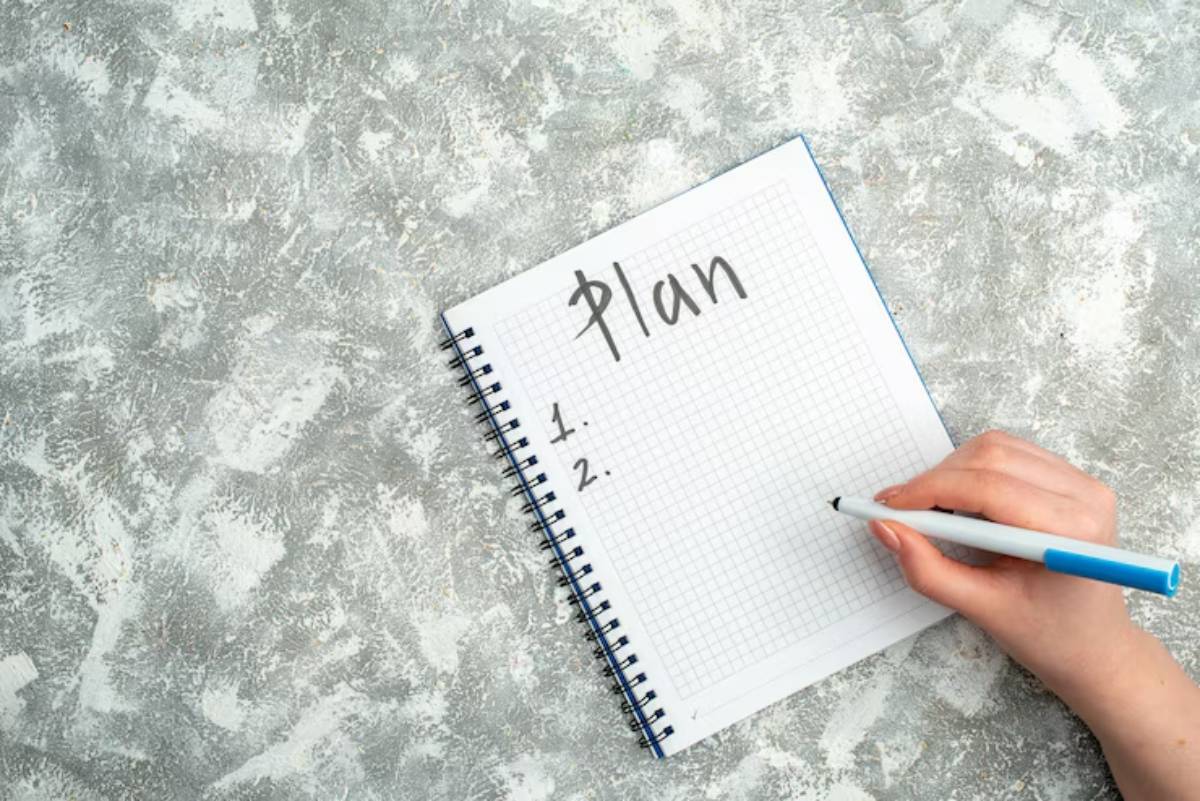
How Too Many Choices Lead to Daily Delays
Have you ever stood in front of your wardrobe, paralysed by indecision, trying to choose what to wear? Or scrolled endlessly through Netflix, only to give up watching anything altogether? If so, you’ve experienced decision fatigue and choice overload. While these moments seem small, their cumulative impact on productivity is significant.
In today’s hyper-connected world, we face a constant stream of decisions, many of which are minor but mentally draining. From what to eat to which task to start, our minds are in a perpetual evaluation state. This article explores why too many choices slow us down and how you can simplify productivity by making smarter, fewer decisions each day.
Let’s explore the science behind decision fatigue, how choice overload stalls productivity, and what you can do to stay focused and energised.
The Psychology Behind Decision Fatigue
What Is Decision Fatigue?

Decision fatigue refers to the declining quality of decisions after a lengthy decision-making session. As you make more choices throughout the day, your mental energy depletes, leading to poor judgment, procrastination, and inaction.
Obama once shared that he only wore grey or blue suits to reduce decision-making. Steve Jobs and Mark Zuckerberg also use this strategy. Limiting trivial choices frees up cognitive resources for more important decisions.
The Science of Mental Energy
Your brain uses a finite amount of mental energy for decision-making. According to a study by Baumeister et al. (1998), willpower and decision-making draw from the same mental resource pool. Once depleted, you’re more likely to:
- Delay tasks unnecessarily
- Default to “easy” but unproductive actions
- Avoid making decisions altogether
This leads to a productivity bottleneck, especially in high-stakes or demanding work environments.
Choice Overload: When More Isn’t Better
The Paradox of Choice
Psychologist Barry Schwartz popularised the term “paradox of choice” in his book, explaining that while more options offer freedom, they also increase anxiety and dissatisfaction.
In his famous jam study, people were likelier to purchase a jar when offered six flavours than when faced with 24. Why? Fewer options meant easier comparison and less regret.
How Choice Overload Manifests in Daily Life
From choosing your breakfast cereal to picking a productivity app, choice overload can:
- Waste precious time on low-impact decisions
- Stall momentum on essential tasks
- Trigger overthinking and self-doubt
These minor mental delays add to the significant loss of time and energy.
Related Article: Struggling with indecision on vague tasks? Learn how task ambiguity fuels procrastination.
How Decision Fatigue Leads to Procrastination
When you’re mentally drained, your brain prioritises immediate relief over long-term goals. This is why you might:
- Scroll social media instead of starting work
- Tidy your desk instead of replying to emails
- Avoid a complex project in favour of “easy wins”
The more decisions you make early on, the more likely you will procrastinate later in the day. Decision fatigue isn’t just about quantity—it’s about cognitive load.
Symptoms to Watch For
- Constantly switching tasks without completion
- Feeling overwhelmed by straightforward to-dos
- Avoiding high-priority work
Understanding these patterns is the first step to breaking them.
Simplify Productivity: Strategies That Work
1. Automate the Unimportant
Reduce low-stakes decisions by creating routines:
- Meal prep: Decide your weekly meals in advance
- Wardrobe rotation: Simplify your outfits
- Set work hours: Fixed start and end times eliminate decision fatigue
2. Use Decision Frameworks
Try the “5-5-5 Rule”: Will this matter in 5 minutes, 5 days, or 5 years?
Or the Eisenhower Matrix, which categorises tasks as:
- Urgent and important
- Important but not urgent
- Urgent but not important
- Neither urgent nor important
Frameworks reduce emotional decision-making and add clarity.
3. Limit Daily Choices
Set boundaries to protect your mental energy:
- Choose three main tasks per day
- Stick to one decision-making window (e.g., plan your day in the morning)
- Use default settings on apps and tools
4. Batch Similar Tasks
Batching reduces the mental cost of switching tasks. For example:
- Reply to emails during two fixed time blocks
- Do all admin tasks in one afternoon
- Group errands into a single trip
5. Declutter Digital and Physical Spaces

Messy environments present more choices—where to look, what to use, what to keep. Organising your desk or desktop reduces friction.
When More Options Hurt Progress
The Myth of the Perfect Choice
Waiting for the “perfect” option often leads to inaction. Whether choosing a CRM system or picking the right book to read, perfectionism can mask procrastination.
Remind yourself: Done is better than perfect.
Related Article: Perfectionism might be fuelling your delay. See how all-or-nothing thinking traps your productivity.
Emotional Toll of Constant Decisions
Beyond mental fatigue, too many choices can:
- Increase stress
- Lower confidence in your decisions
- Diminish satisfaction, even after a “right” choice
It’s not just about productivity; it’s also about peace of mind.
Personal Scenarios You’ll Recognise
Morning Routine Gridlock
You wake up, scroll your phone, think about breakfast, and then stare into your wardrobe. Before you’ve even started work, you’ve made 15 minor decisions. By 10 AM, your motivation’s already depleted.
Fix: Create a morning checklist. Automate the first hour of your day.
Workday Paralysis
You sit at your desk and wonder: “Should I start that report or answer emails? What about the meeting prep?” You do nothing.
Fix: Use task prioritisation (like the Ivy Lee Method). Decide on your top tasks the night before.
App Fatigue
There are thousands of productivity apps. Which one’s best? You download three, try them all, then give up.
Fix: Pick one tool and commit to it for a week. Evaluate based on results, not perfection.
Conclusion: Free Your Mind by Limiting Choices
When every moment feels like a decision point, your brain tires quickly. That’s the heart of decision fatigue and choice overload—it stalls your focus and fuels your delay.
By simplifying your environment, automating routines, and limiting choices, you create mental space to focus on what truly matters. Productivity isn’t about doing more—it’s about deciding less, but more wisely.
If you’re stuck in daily indecision, take one small step today: streamline your morning routine or pick three tasks to focus on. Notice the difference it makes.
Ready to reclaim your day from indecision? Leave a comment, share your go-to decision-simplifying tip, or subscribe for more research-backed productivity insights.


